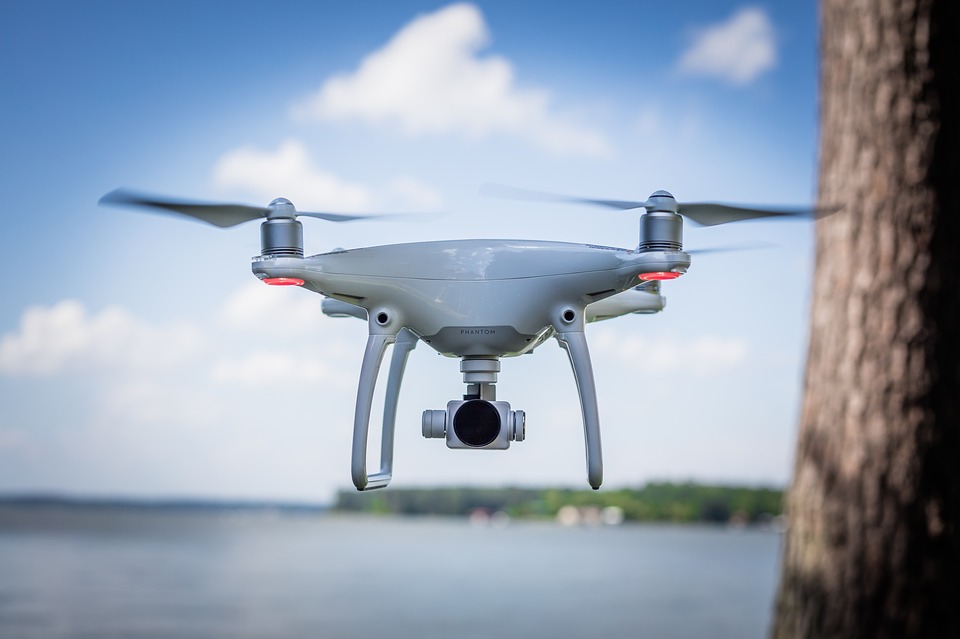No matter how much of an expert you think you are at flying your drone, you should still consider playing it safe. If your excellent ability to control your drone happens to take leave and you wound up surprising someone’s dog by crashing a drone on top of it, what happens then? Insurance can provide you with a peace of mind, knowing that if something goes awry, you’ll have a fallback. They are great not only because will they cover the damage to drone, but they also can take care of any collateral damage done by accidents.
Before searching for any potential insurance schemes, check to see if your drone falls under the umbrella of your home insurance. Usually, for hobbying or recreational purposes, one is not required to have any additional coverage. However, it is strongly suggested, if your home insurance does not cover it, that you look for insurance coverage for your drone. For instance, if you accidentally (or intentionally!) injure your neighbor’s kid, not only is the medical cost far more significant than a simple fender bender, but the situation also has far more chance of worsening than a simple crash. In this case, insurance can cover the medical liability which ought to ease the unwarranted situation.
Another reason to get drone insurance is if you are using it for commercial purposes. Having your liabilities covered can give your business much more credibility.
Any of the following areas of usage will enable you to opt for commercial insurance:
- Any sort of maintenance of services such as pipeline inspection, railroad maintenance or electrical/water site patrolling.
- Scientific exploration of archeology or unique geographies and protecting nature reserves
- Photographs or videos services, real estate, news service, etc.
There is quite a variety of drone insurance coverage, ranging from liability to personal injury claims. It is important to know what claims you would mostly need insurance for, which will depend on the value of your equipment to the type of work your drone does. Knowing the value of your equipment also helps in making sure you are not overpaying.
Here are some of the common types of coverage you’ll usually come across:
- General liability claim: this is the most basic form of coverage that ranges from bodily harm to damage of properties.
- Hull coverage: this consists of any physical damage on your drone during the time of commercial operation.
- Equipment coverage: this will ensure the many extra accessories that are equipped to the drone such as HD cameras and sensors (usually the value of equipment are analyzed separately).
- Personal injury: this covers anything under the umbrella of libel, invasion of privacy, slander and so and so forth.
How will you shop for insurance? There are a few key things to keep in mind, such as up to how much monetary compensation you are likely to get, and what types of situation they cover. Often times, the insurance company will only insure for situations involving named dangers such as theft, vandalism, or fire. See if you can shop for all risk coverage as they are oftentimes the better option. It is important for you to find any exclusions that they might impose. For example, will drone racing or competitions be covered? The more you can convince that you will use drones in a mature fashion, the more likely they will give better rates. In fact, certain flying certifications certifying that you can fly drones safely is a recommended path before applying for insurance coverage.
Basically, getting insurance for your drones is a very wise thing to do. Not only do they help the average Joe who uses drones for hobby or recreation purposes, but they can also be extremely valuable to those who use drones for commercial purposes. If you are using them for any commercial purposes, it is important to list all the potential risk factors so that you can make sure you are not overpaying and that you are getting the right kind of insurance that covers your situation. Drones tend to be expensive, and like any other flying object, they carry a certain risk that is not present in other common tech gadgets. As such, getting covered is recommended.
